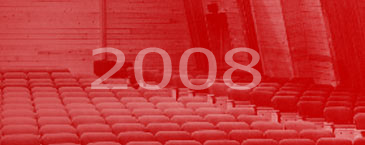Journal; Springtime for Adolf and Tony By FRANK RICH |
|||
Back To Past Seasons Page







